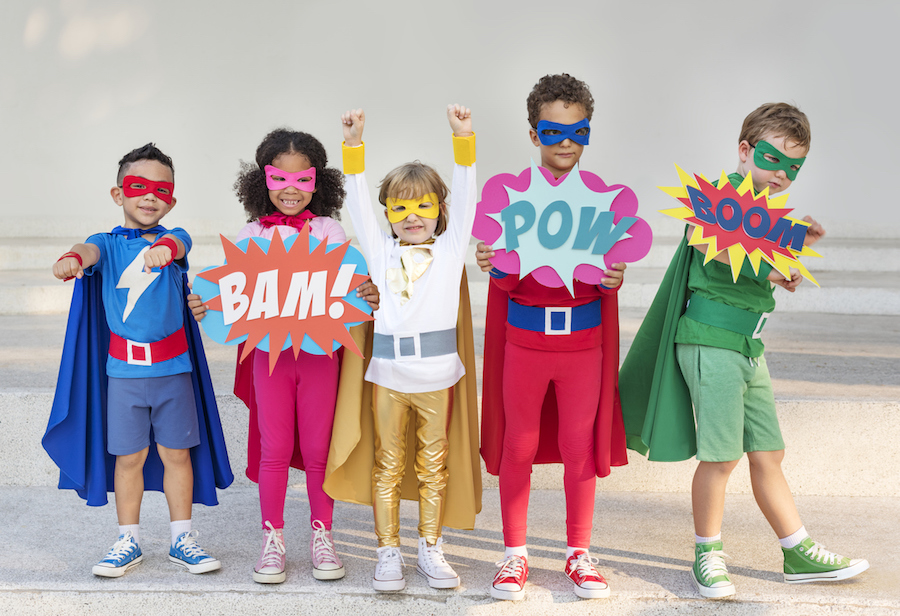
Superhero Idolization Can Make Children Aggressive
Casal dels Infants – Superhero idolization has been linked to an increased likelihood of children becoming aggressive, according to a recent study. The researchers analyzed the behavior of 240 preschool and kindergarten children across four different locations in the western United States. They observed three types of aggression commonly seen in children: physical aggression (such as hitting or kicking), relational aggression (hurting others’ feelings, for example, by ignoring them), and verbal aggression (such as name-calling or teasing).
In the study, parents reported their children’s favorite superheroes, how much their children admired these superheroes, and how often the children watched films or shows featuring superheroes. Additionally, the children themselves answered questions posed by the researchers. The findings showed that children who idolized superheroes were more likely to display aggressive behaviors, both physically and relationally. This result became even more evident in the second evaluation conducted after some time had passed since the first assessment.
“Read More: Learning Mathematics, Should Kindergarten Children Be Taught It?”
While superheroes are often depicted as champions fighting for good, the study suggests that children who excessively idolize them are less likely to emulate the positive traits of these characters, such as helping others or standing up for the weak. Instead, they are more prone to mimicking the aggressive behaviors often shown by superhero characters in films and shows. The research indicates that children who frequently watch violent actions from superheroes might struggle to distinguish between aggressive behavior and altruistic or prosocial actions.
The researchers explain that young children may not yet have the maturity to differentiate between aggressive superhero behaviors, which sometimes include acts of kindness or heroism. They tend to view superheroes as perfect figures who occasionally use violence to achieve goals. This becomes problematic when children start imitating these behaviors without understanding the context. What is typically seen as a positive superhero figure could instead trigger negative behavior in children.
The researchers also revealed that parents often support their children’s admiration for superheroes, which can exacerbate aggressive behavior. Parents frequently hope that their children will adopt the kindness and bravery exhibited by these superheroes. However, they may not realize that the violence portrayed in superhero actions could negatively affect their children’s behavior. As a result, parents may unintentionally harm their children’s social and emotional growth by supporting their obsession with superheroes. Despite their intentions to foster positive development, this obsession can have negative effects.
Parents should choose more balanced and educational content for their children. They should also engage in discussions about healthy, positive behaviors in both real life and on screen. They can limit exposure to violent content and provide clear guidance to their children. By doing so, parents help their children develop better values. This also reduces the negative influence of superhero characters who rely heavily on violence. This proactive approach encourages children to model positive behavior and make healthier choices.
“Continue Reading: Thinking About Yourself First Is Not Selfish”